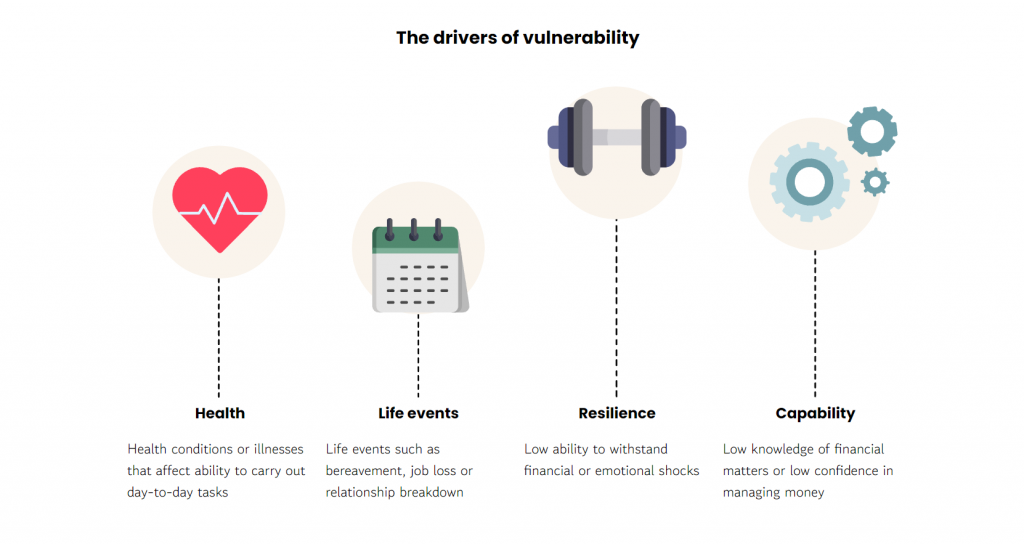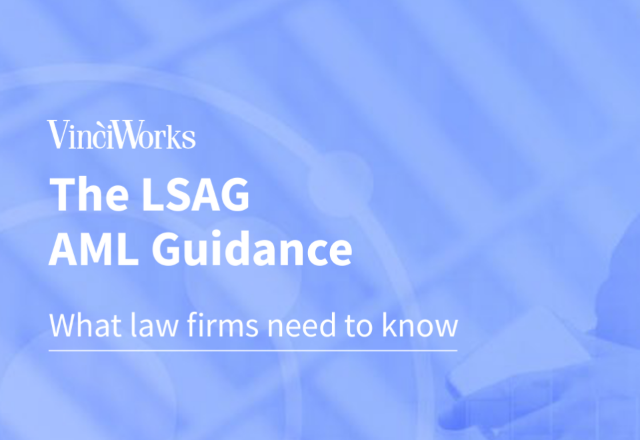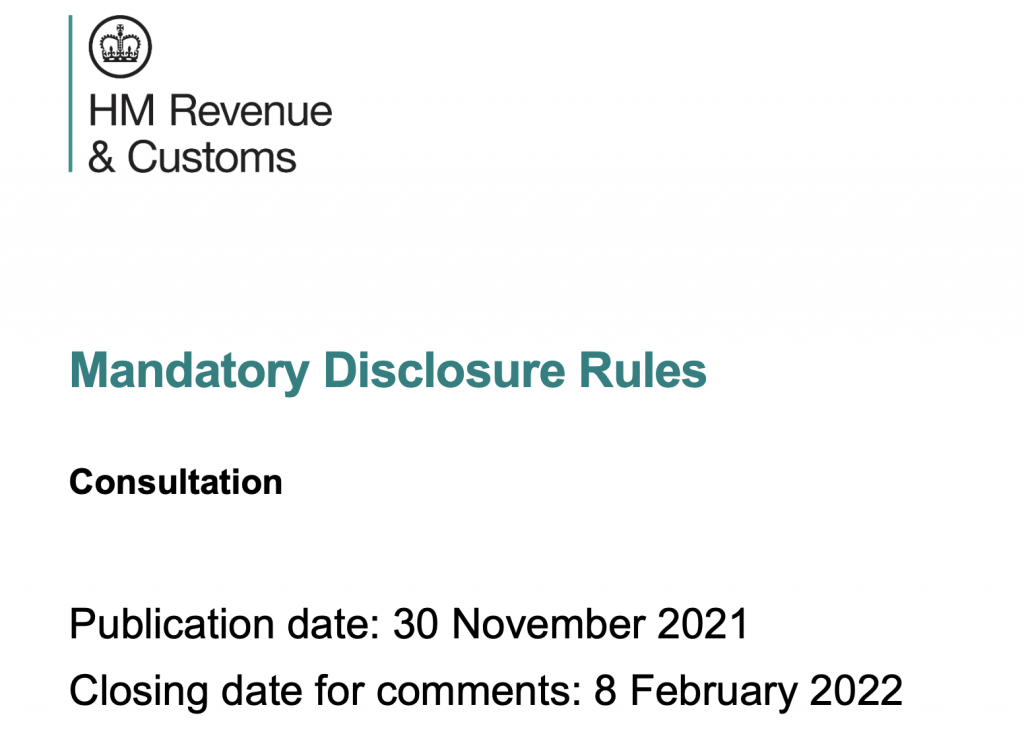Introduction
At the beginning of the Covid-19 lockdown, many businesses needed to rapidly convert from a physical office to the remote working environment. If you were one of those businesses, you likely have had to tweak your processes to ensure smooth business operations, which might have included your disciplinary and grievance procedures. Before Covid, the idea of conducting a formal disciplinary meeting on a video call might have seemed unthinkable. But now that remote and hybrid working are becoming more permanent arrangements in many organisations, organisations need to have robust disciplinary and grievance procedures that ensure fairness for remote and hybrid workers.
Below are some important things to consider for disciplinary and grievance procedures in a virtual working environment.
1. Technology
If it is not possible to hold the formal disciplinary/grievance meeting in person, then videoconferencing may be a suitable alternative. However, every attempt should be made to avoid technical issues that will impact the meeting. Remember, subjects have the right to appeal if any part of the disciplinary or grievance procedure was unfair or handled incorrectly. Subjects may feel that they have been treated unfairly if for example:
- Technology issues cause undue stress
- They have trouble accessing the meeting or any of the evidence
- They could not express themselves effectively due to the media used.
It’s advisable to test the technology beforehand to ensure that all parties can access the meeting without issue, including the person who will accompany the subject and any witnesses. It is also vital to consider any disabilities that would prevent any participant from accessing or participating in the meeting. Alternative arrangements may be required to ensure that the subject receives a fair hearing.

2. Privacy and security
Remote disciplinary and grievance meetings present a number of privacy and security considerations. It’s important that the online meeting is secure and that access is restricted only to the relevant people. Participants should be advised of confidentiality requirements prior to the meeting and should be aware that no one else can be present in the room while the meeting is taking place. If you need to distribute documented evidence electronically, this should be carried out in accordance with data protection principles. If you intend to record the meeting, all parties must agree to this in advance. If recording is not permitted, this should be explicitly stated to all attendees.
3. Gathering and distributing documents and evidence
Gathering information and evidence from both sides may be more difficult when working remotely but it is still essential to ensure fairness. Documentation may include personnel files, performance reviews, emails, training records and compliance reports etc. Subjects should:
- Have access to all documentation and evidence.
- Be given appropriate time to review in advance of the meeting.
- Be aware beforehand of any witnesses that will be included in the formal meeting.
4. Right to be accompanied
The subject still has the legal right to be accompanied to a formal disciplinary/grievance meeting when attending remotely. They may be accompanied by a colleague, a trade union representative or an official employed by a trade union. The accompanying person may:
- Take notes on the subject’s behalf.
- Present the subject’s case.
- Talk things over with the subject during the meeting.
- Sum up the subject’s case.
You must ensure that the meeting setup allows the accompanying person to do all of these things, even if they are joining remotely. If the accompanying person is unable to access the meeting, the meeting should be postponed to a suitable date. The alternative time and date must be reasonable and not more than five working days from the original date.

5. Is it better to delay?
Considering the challenges associated with remote working, in some cases, it may be better to delay the meeting until it can be conducted in person. In general, unreasonable delays are to be avoided as they can cause additional stress to those involved. However, the risk associated with delays should also be balanced against fairness in these exceptional circumstances. If, for example, the subject cannot access the meeting remotely, the relevant evidence cannot be collected without putting employees at risk or the employee is not able to present their case effectively, then it may be better to delay. Where a delay is necessary, the subject should be notified in writing of the reasons for the delay.
6. Prevention
Managers and supervisors should do their best to prevent issues from escalating to the formal stages of disciplinary and grievance procedures. Where possible, issues should be dealt with informally and at an early stage. But it can be more difficult to notice problems arising when staff are working remotely. It’s more important than ever to ensure that communication is open and frequent and that employees know exactly what is expected of them. Ensure that your code of conduct is available to all employees and reflects the current circumstances. Let your remote employees know how to raise problems and concerns informally.
Working remotely is not without its challenges. Be mindful of your employees’ wellbeing and offer the appropriate support, for example, you can:
- Encourage staff to reach out and ask for help if they need it.
- Build interpersonal relationships with your staff and regularly check in with them.
- Encourage employees to take more breaks and stay connected with colleagues.
- Provide contact details for external mental health support services.
You can also enrol employees in online awareness training on topics such as Mental Health Awareness, Ergonomics, Wellbeing & Remote working, Healthy Living or Mindfulness. There are a number of other online wellbeing eLearning courses that EssentialSkillz offers that can increase awareness around these important topics, helping employees to take better care of their health, safety and wellbeing when working from home.
Conclusion
Disciplinary and grievance is one of the many areas that need to be approached differently in the virtual environment. Remote working brings new challenges, but we’ve learned how well businesses can adapt to rapidly changing work environments. With the right procedures and tools in place, issues can still be resolved effectively and fairly while protecting the wellbeing of your employees.












